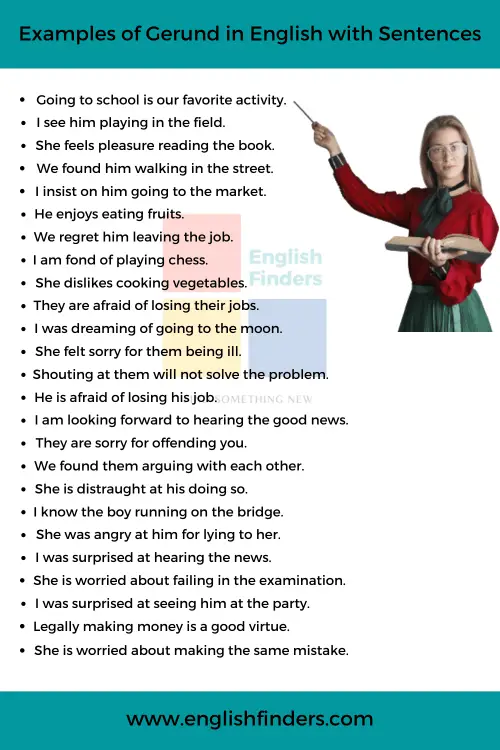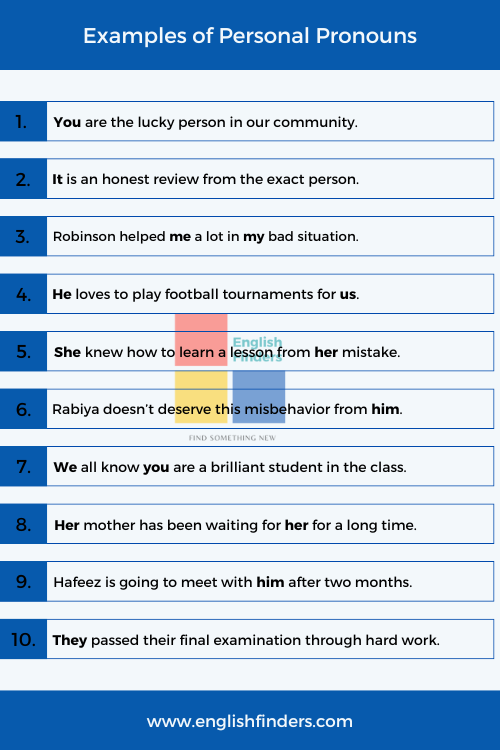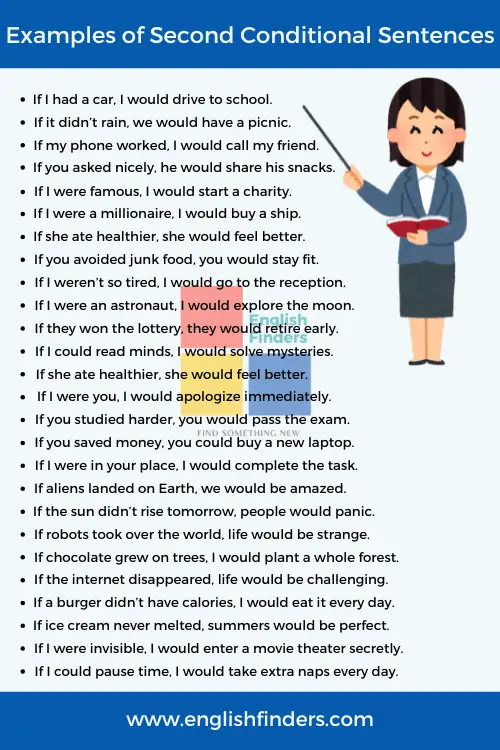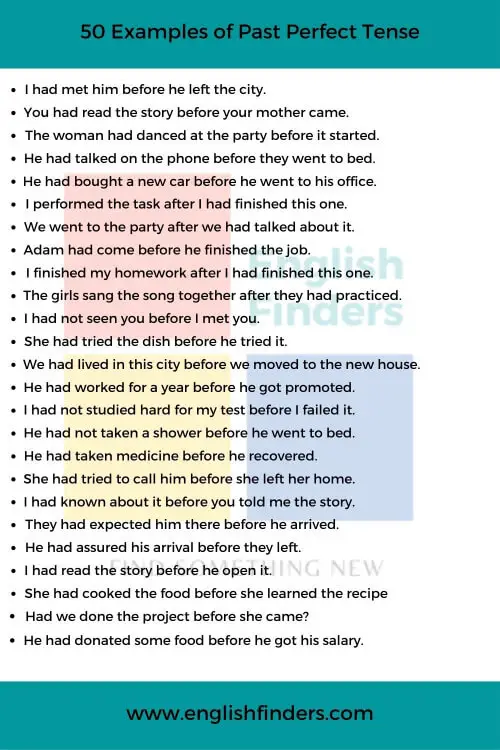Last updated on May 14th, 2025 at 10:39 pm
Have you ever seen a word that looks like a verb but acts like a noun? That’s called a gerund, and it’s more common in English than you might think! Gerunds are words that end in -ing and are formed from verbs. But instead of showing an action like most verbs do, gerunds act like nouns in a sentence. Pretty cool, right?
In this article, we’ll explore 50 examples of gerunds in English with sentences to help you see exactly how they work. Whether you’re writing a school essay or chatting with friends, using gerunds correctly can really improve your English.
Many students get confused when they first learn about gerunds, but don’t worry—we’re going to break it all down in a simple and friendly way. By the end of this article, you’ll feel much more confident using gerunds in your own speaking and writing.
What Is a Gerund?
Quick Navigation
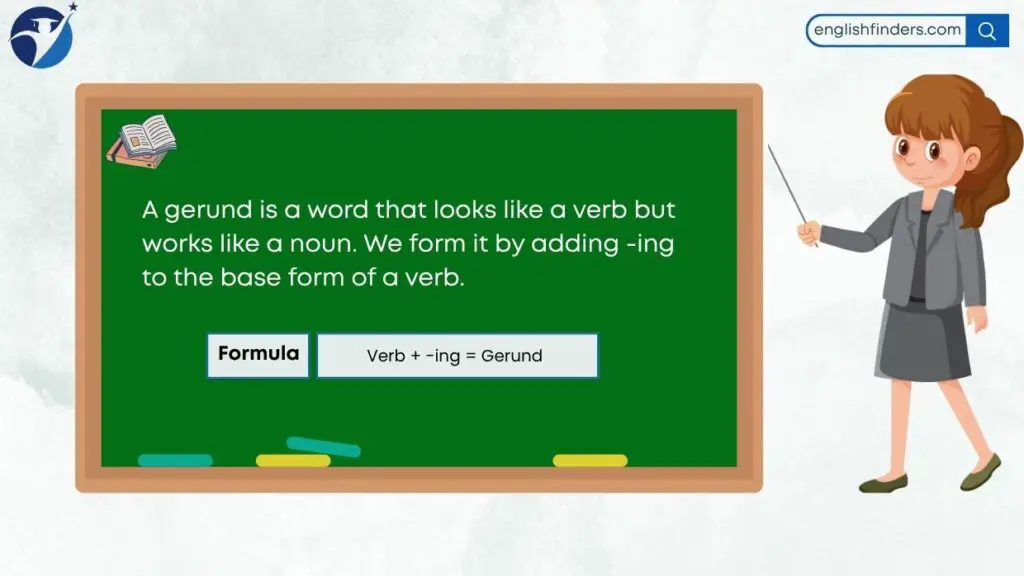
Let’s start with the basics. A gerund is a word that looks like a verb but works like a noun. We form it by adding -ing to the base form of a verb.
🟢 Here’s the simple formula:
Verb + -ing = Gerund
✅ Examples:
- Run → Running
- Read → Reading
- Swim → Swimming
Now, let’s look at what makes gerunds special.
Even though they come from verbs, gerunds are not doing actions. Instead, they act like things or ideas in a sentence—just like a noun does!
🟢 Take a look at this example:
- Reading is fun.
In this sentence, “reading” is not something someone is doing right now—it’s the subject of the sentence. It’s talking about the activity of reading as a thing, like a hobby.
✅ Gerund vs. Present Participle (Quick Note)
Both gerunds and present participles end in -ing, but they work differently.
- Gerund: acts like a noun
→ Swimming is my favorite activity. - Present Participle: helps describe actions
→ She is swimming in the pool.
How Are Gerunds Used in English Sentences?
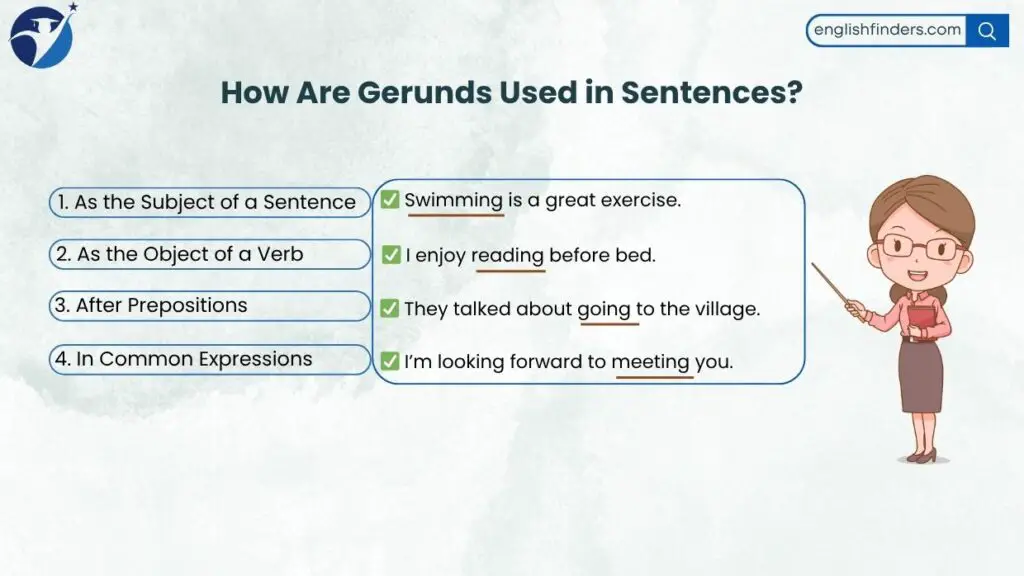
Now that you know what a gerund is, let’s see how gerunds are actually used in real sentences. This is where things get exciting, because gerunds can show up in many different places!
Here are four common ways gerunds are used in English:
🔹 1. As the Subject of a Sentence
A gerund can be the main idea or subject of a sentence. It tells us what the sentence is about.
✅ Examples:
- Swimming is a great exercise.
- Writing helps improve your thinking skills.
In both examples, the gerund (swimming/writing) is the thing doing the action of the sentence.
🔹 2. As the Object of a Verb
Some verbs in English are followed by a gerund instead of a normal noun.
✅ Examples:
- I enjoy reading before bed.
- She suggested taking a break.
Here, the gerunds “reading” and “taking” are the objects of the verbs “enjoy” and “suggested.”
🔹 3. After Prepositions
Whenever you see a preposition (like in, on, at, about, after, etc.), the word that follows is usually a gerund—if it’s a verb form.
✅ Examples:
- He’s good at drawing.
- They talked about going to the park.
Notice how the gerund comes right after the preposition.
🔹 4. In Common Expressions
Some phrases in English naturally use gerunds. These often sound more natural than using other verb forms.
✅ Examples:
- I’m looking forward to meeting you.
- She’s busy studying for her test.
Gerunds help these sentences flow naturally and sound more like real-life English.
50 Examples of Gerunds in English with Sentences
Let’s now look at 50 effective examples of gerunds in English and how they are used in different parts of a sentence. We’ll break them down into 5 easy-to-follow categories so you can see how gerunds work in real life.
🔹 A. Gerunds as Subjects
In these sentences, the gerund is doing the main job of the sentence.
- Reading helps you learn new words.
- Swimming is a great way to stay healthy.
- Drawing relaxes my mind.
- Writing takes a lot of practice.
- Dancing makes her happy.
- Cooking is his favorite hobby.
- Traveling teaches you about new cultures.
- Listening is just as important as speaking.
- Learning can be fun if you enjoy it.
- Playing with my dog always cheers me up.
🔹 B. Gerunds as Objects
Here, the gerund follows a verb and acts like the object.
- She enjoys singing in the shower.
- I love watching movies on weekends.
- We finished cleaning the room.
- They avoid eating junk food.
- He dislikes waking up early.
- I suggest taking a short break.
- We considered moving to a new city.
- She admitted cheating on the test.
- I miss talking to my grandma.
- They practiced playing the guitar.
🔹 C. Gerunds After Prepositions
Gerunds often follow prepositions like about, in, on, and after.
- He’s interested in learning Spanish.
- They talked about going to the beach.
- I’m tired of studying all day.
- She’s afraid of failing the exam.
- He apologized for being late.
- We’re excited about traveling this summer.
- She’s good at drawing animals.
- I believe in helping others.
- After finishing dinner, we watched TV.
- They laughed at falling during the game.
🔹 D. Gerunds After Certain Verbs
Some verbs are always followed by gerunds.
- I enjoy reading fiction books.
- She suggested trying something new.
- They kept talking all night.
- He avoided answering the question.
- We discussed going on a trip.
- She finished writing the essay.
- I can’t help laughing at his jokes.
- They mentioned seeing a movie.
- He recommended visiting the museum.
- She delayed starting the project.
🔹 E. Gerunds in Common Expressions or Phrases
These are phrases that naturally use gerunds and sound very natural.
- She’s busy doing her homework.
- I’m used to getting up early.
- He’s looking forward to meeting his cousin.
- They’re afraid of losing the game.
- I’m not interested in playing chess.
- She’s thinking about joining the club.
- He’s not good at speaking in public.
- We’re worried about failing the test.
- I’m focused on achieving my goals.
- She’s proud of helping her friends.
50 Mixed Examples of Gerunds with Sentences
Let’s explore the 50 mixed examples of gerunds in English grammar with sentences.
- Going to school is our favorite activity.
- Trying to do it quickly will only make it worse.
- Wanting to please everyone will only lead to disappointment.
- I see him playing in the field.
- She feels pleasure in reading the book.
- We found him walking in the street.
- I insist on his going to the market.
- He enjoys eating fruits.
- We regret his leaving the job.
- I am fond of playing chess.
- She dislikes cooking vegetables.
- They are afraid of losing their jobs.
- I was dreaming of going to the moon.
- She felt sorry for them being ill.
- Shouting at them will not solve the problem.
- Making the final decision is so tough for him.
- She is fond of going out with her friends on weekends.
- She is looking forward to going to the theatre tomorrow night.
- My father insisted on my doing my homework first.
- I am looking forward to hearing authentic information from your parents.
- The children were afraid of speaking in front of the principal.
- He is afraid of losing his job.
- I am looking forward to hearing the good news.
- They are sorry for offending you.
- We found them arguing with each other.
- She is distraught at his doing so.
- I know the boy running on the bridge.
- She was angry at him for lying to her.
- I am upset with your leaving early without saying goodbye to me.
- I was surprised at hearing the news.
- She is worried about failing in the examination.
- We were sorry for his not coming to our party.
- I am happy seeing you again after a long time.
- He is upset at losing the book given by his grandfather.
- I was surprised at seeing him at the party.
- I am sorry for her not writing to me.
- I am sorry for you having to wait.
- He is upset at being insulted by the teacher.
- Winning a prize is a great feeling for us.
- He regrets making the same mistake.
- I am sorry for having broken the cup.
- Legally making money is a good virtue.
- I was glad to see my old teacher praying for me.
- She was embarrassed for not being able to help me.
- He is happy at winning the first prize in the competition.
- She was delighted to win the first prize defeating her competitors.
- I’ll see you after many days of playing football.
- Her final mark in the examination will depend on the quality of her writing.
- Meeting with you again after a long time.
- She is worried about making the same mistake again.
Final Thoughts
Now that you’ve seen 50 examples of gerunds in English with sentences, we hope gerunds feel a lot less confusing! Remember, a gerund is just a verb with -ing that acts like a noun. It can be the subject, the object, or even come after a preposition.
By understanding how gerunds work, you’re taking a big step toward improving your grammar and speaking more naturally. Whether you’re saying, “I enjoy reading” or “Swimming is fun,” you’re already using gerunds in your everyday English!
📝 Worksheet: Practicing Gerunds in English
Part A: Identify the Gerund
Instructions: Read each sentence carefully. Underline the gerund in each one.
- Swimming is my favorite activity.
- I enjoy reading mystery books.
- She’s afraid of failing the test.
- They talked about going to the zoo.
- Writing stories is fun.
Part B: Fill in the Blanks
Instructions: Use the gerund form of the verb in parentheses to complete the sentence.
- I’m interested in __________ English songs. (listen)
- He avoided __________ the difficult question. (answer)
- __________ every day keeps you healthy. (exercise)
- She finished __________ her homework before dinner. (do)
- They practiced __________ for the school play. (act)
Part C: Choose the Correct Answer
Instructions: Circle the correct gerund that completes each sentence.
- My little brother enjoys (draw / drawing).
- I’m not used to (wake / waking) up early.
- She suggested (go / going) to the park.
- He apologized for (be / being) late.
- We talked about (watch / watching) a movie tonight.
Part D: Write Your Own Sentences
Instructions: Write your own sentence using a gerund for each prompt.
- A sentence with a gerund as the subject:
- A sentence with a gerund after a preposition:
- A sentence with a gerund as the object of a verb:
⭐ Bonus Challenge:
Can you think of 3 more gerunds you’ve used or heard before? Write them below!

Azizul Hakim is the founder & CEO of englishfinders.com. He is a passionate writer, English instructor, and content creator. He has completed his graduation and post-graduation in English language and literature.

